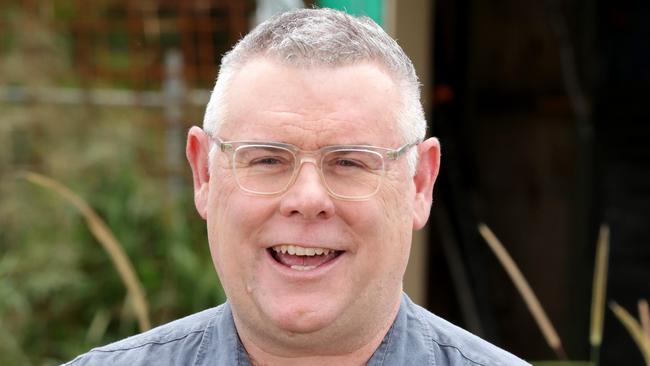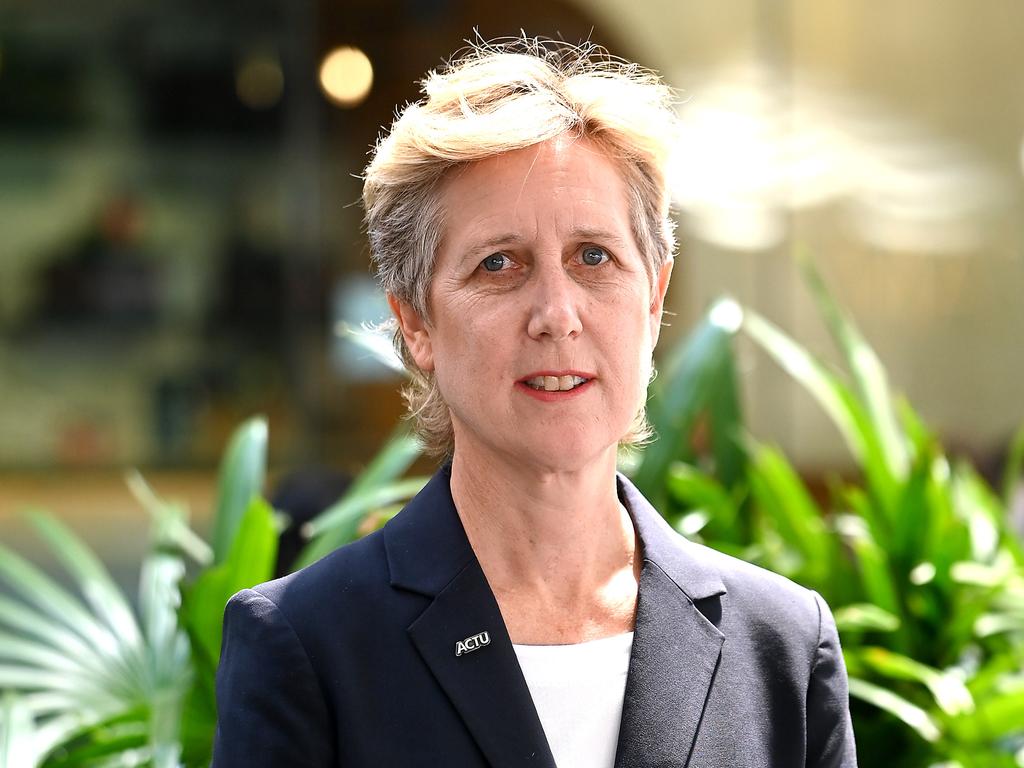IR laws backed, but jury still out on multi-employer bargaining
Union welcomes the findings of a 409-page report on Labor’s Secure Jobs, Better Pay legislation, but employers slam the review as a ‘whitewash’.

Labor’s Secure Jobs, Better Pay legislation was “on the whole” operating effectively with minimal unintended consequences, a review has found, but it was too early to judge whether the laws had reversed the decline in collective bargaining or if its contentious multi-employer bargaining provisions were operating as intended.
A 409-page draft report by industrial relations experts Mark Bray and Alison Preston found that evidence of whether the legislation had achieved its main intentions of reversing the decline in collective bargaining and increasing wages was “weak” given insufficient time had elapsed since the laws were passed, and some provisions did not begin until the end of 2023.
However, the review, released on Monday, said the early signs were positive, as collective bargaining was increasing, especially the coverage of collective agreements, and wages had started to improve.
Although the total number of employees covered by new collective agreements declined by 3 per cent to 788,393 in the 12 months to September 2023, the number jumped by a “remarkable” 60 per cent to 1,258,322 workers in the subsequent 12 months.
“The review panel has found that the Secure Jobs, Better Pay reforms are, on the whole, achieving the Australian government’s intent, operating appropriately and effectively and with minimal unintended consequences,” the authors found.
Among 19 draft recommendations, the review panel calls on the government to reconsider the way the laws limit the use of fixed-term contracts, and to look at extending employee protection from discrimination to cover perimenopause, menopause and other reproductive health issues.
Workplace Relations Minister Murray Watt and ACTU secretary Sally McManus welcomed the findings, but employer groups criticised the panel for not backing a series of changes, including the return of the Australian Building and Construction Commission.
Senator Watt said the government made the changes after a “decade of deliberate wage suppression and workers’ rights being driven into the ground by the former Coalition government”.
“While it’s still early days in terms of the benefits of these measures, it’s very encouraging that the independent review sees the positive impacts to workers’ pay and conditions,” he said. “It’s great to see more people covered by bargaining agreements, and the gender pay gap now at its lowest in recorded history.”
Ms McManus said the real wages growth that workers had experienced after more than a decade of wage suppression was due to the government’s legislative changes.
“The independent review shows that these reforms greatly contributed to getting wages moving. Imagine life for working people if they had to go through a period of high inflation, high interest rates and no real wage growth,” she said.
Australian Chamber of Commerce and Industry chief executive Andrew McKellar condemned the report for not accepting business recommendations.
“It’s a whitewash, a total stitch-up,” he said. “The fix is in.”
Noting employer concerns that the review was too soon, the panel acknowledged that several provisions were yet to be tested.
“For example, in relation to the bargaining amendments, it may be four years until the bargaining cycles have concluded and the impacts of the reforms are understood,” it said. “Similarly, important test case decisions by tribunals and/or courts leave key provisions unresolved.”
In line with employer group calls, it said the legislation should be reviewed again in two or three years.
The panel found that the legislative changes focusing on multi-employer bargaining “seek to ensure that unions play a greater role in representing workers”.
It said the single-interest multi-employer bargaining stream was already subject to extensive requirements and rejected the call by business groups for the stream to operate by employer consent only.
It said there was insufficient data to make a definitive finding on whether the single-interest employer bargaining stream was operating as intended, as there had been few instances of bargaining under the stream and only two single-interest employer agreements had been approved.
“At this time, the review panel does not have any evidence before it that indicates the changes to the single-interest employer bargaining stream are, or will, negatively impact productivity, the labour market, or employers,” it said.
“The review panel also notes that the international experience points to potential economic benefits.”






